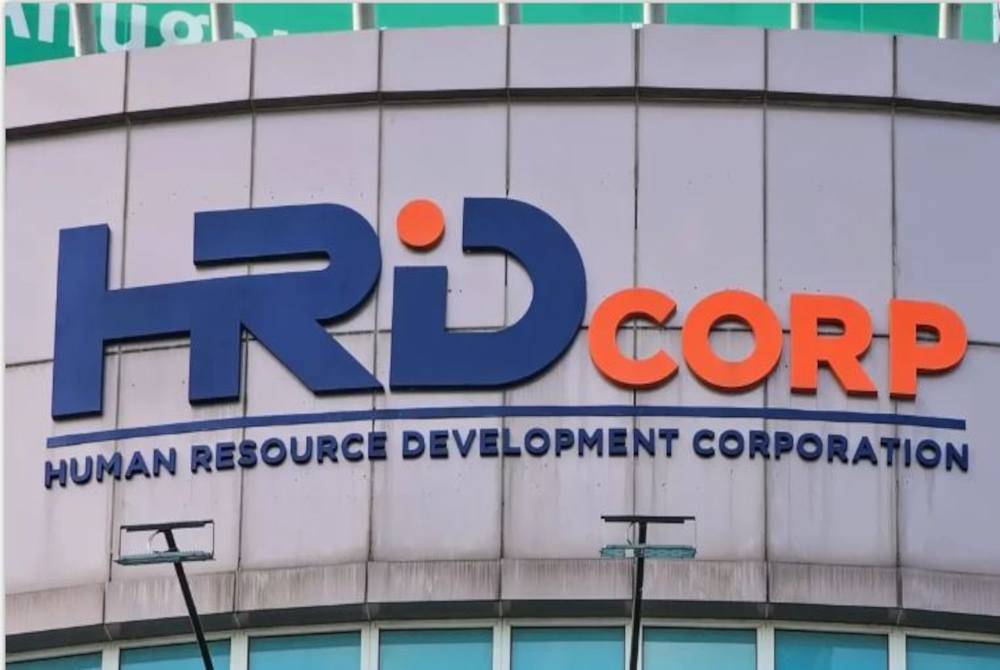Industry leaders praise HRD Corp’s major updates to Allowable Cost Matrix
As Malaysia advances toward becoming a high-income nation, these ACM updates are a crucial step in keeping the country's workforce competitive in both local and global markets.

SHAH ALAM - Malaysia's human capital development is expected to advance with updates to HRD Corp's Allowable Cost Matrix (ACM), providing employers and employees with more flexible access to high-quality training.
The revamped ACM, unveiled by Human Resources Minister Steven Sim, would bring significant changes, including a shift from half-day or daily rates to hourly rates for claimable training course fees.
The ceiling for these claims has also been raised to RM1,500 per hour or RM10,500 per day, a 50 per cent increase from the previous RM6,000 daily limit.
These changes aimed to enhance access to premium training and aligned with Malaysia's ongoing skills development agenda.
Malaysian Employers Federation president Datuk Syed Hussain Syed Husman praised the enhancements for allowing employers more flexibility in organising training sessions.
He said the new fee structure allowed employers more flexibility to conduct training programmes including professional development courses and more flexible modular courses.
"We also believe that the increase to the ceiling of HRD Corp training fees would enable employers to conduct more high-quality and high-value training programmes that meet employers’ requirements," he said.
SME Association of Malaysia national president Chin Chee Seong shared a similar sentiment and said the changes were especially beneficial for small and medium enterprises (SMEs).
"The introduction of hourly-based claims for training programmes is particularly beneficial for SMEs, as it ensures that training can be done without disrupting daily operations, resulting in more cost-effective and targeted upskilling efforts.
"The increase in the ceiling for claimable course fees allows employers to access higher-quality and premium courses that would previously have been inaccessible, fostering greater competitiveness in local and global markets," he said
From the perspective of training providers, Malaysian Bumiputera Training Providers Association president Azman Shah Aziz highlighted the importance of ACM adjustments in meeting the evolving needs of today’s workforce.
The flexibility, he said was critical in today’s fast-paced, skills-driven market where short, targeted training programmes were becoming increasingly valuable.
He added that the increase in daily claimable rates will help employers access a broader selection of top-tier programmes while supporting training providers in delivering premium services.
The coaching industry was also set to benefit from the changes.
Malaysia's Chapter Leader of the International Association of Coaching (IAC) Bavani Periasamy expressed gratitude for the recognition of the coaching sector’s needs.
"The IAC believes that these new enhancements will pave the way for the successful implementation of the new course structure for certified coaches in the near future," she said.
The updates, she said will promote higher standards in coaching and enable organisations to invest in quality coaching for their teams.
Meanwhile, Malaysian Association of Training Providers president Professor Dr Abdul Kabur Ibrahim said the adjustments will energise the training community.
"The enhancements to the ACM are great news for the training community as it provides us with greater ease and flexibility in claiming and encourages our members to diversify their service offerings with more local and international training programmes," he said.
President-elect of the Malaysian Association of Professional Speakers Sumathi Krishnan, echoed the positive reception of the changes.
She said the recent enhancement in cost structures took into account the rising cost of doing business, including factors such as Sales and Service Tax (SST), administrative fees, materials and staff costs.
She added that the improvements provided a much-needed boost for training providers, enabling them to sustainably deliver high-quality training programmes.
As Malaysia continued its drive towards becoming a high-income nation, these updates to the ACM represented a significant step in ensuring that the country's workforce remained competitive in both local and global markets.














